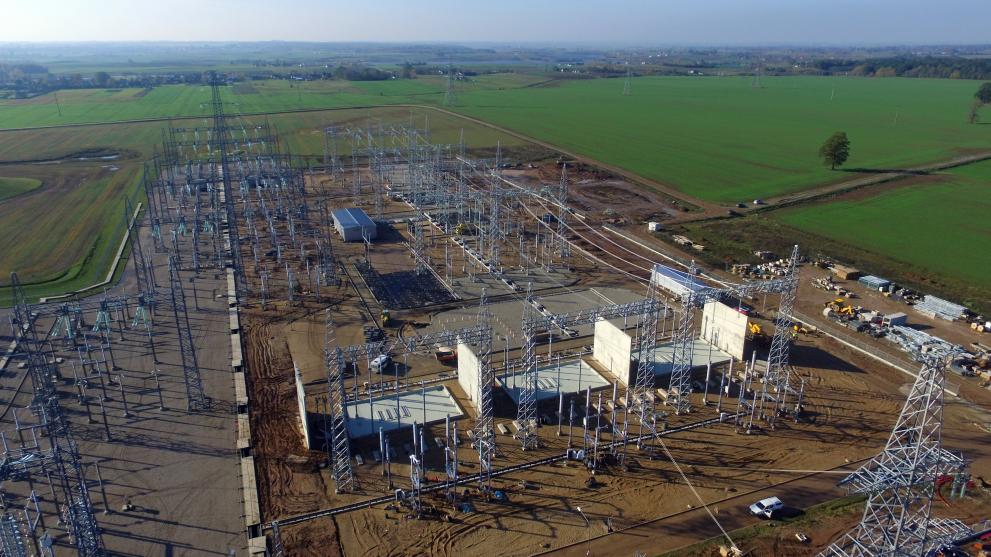
The grant agreement releasing €719.7 million of EU funding from the Connecting Europe Facility (CEF) to carry out Phase II of the synchronisation of the Baltic States' electricity network with the Continental European Network (CEN) was officially signed.
Dirk Beckers, Director of the Innovation and Networks Executive Agency (INEA) said: “This is the largest CEF Energy grant ever awarded, and will be decisive for completing the synchronisation of the Baltic States' electricity grid with the Continental European Network. We are looking forward to working closely with the electricity transmission system operators of Estonia, Latvia, Lithuania and Poland for the successful and timely implementation of this strategic project”.
The Baltic Synchronisation Project
For historical reasons the Baltic States' electricity grid is still operated in a synchronous mode with the Russian and Belarusian electricity network systems. The synchronisation of the Baltic States' electricity grid with CEN is an essential political priority for the achievement of the Energy Union. In 2018, the leaders of the Baltic States and Poland reached a landmark agreement and signed a Political Roadmap together with the European Commission for accomplishing the synchronisation by the target date of 2025. A follow-up Political Implementing Roadmap was signed in June 2019 setting out the milestones up to the synchronisation date. The relevant grid developments and reinforcements have been also included in the fourth EU list of Projects of Common Interest (PCIs).
Several preparatory studies, the preparations for phase II and the entire phase I of the works have already received financial support from the CEF programme. The newest grant signed covers 75% of the investment costs and support the second phase of the project. It will help to build the new submarine HDVC link between Lithuania and Poland (known as Harmony Link), to commission six synchronous condensers and to construct or modernise overhead power lines in Poland in order to prepare for a secure connection in synchronous mode with CEN. Once Phase I and II are completed, Lithuania, Latvia and Estonia will be ready to operate in synchronous mode with CEN. The synchronisation of the Baltic States' electricity grid with the CEN will ensure greater security of supply for consumers in the Baltics, while also enabling other Member States to benefit from renewables produced in Estonia, Latvia and Lithuania.
The CEF Energy programme
The CEF programme in the field of energy provides funding to infrastructure projects in electricity, natural gas and smart grids with the aim to better interconnect energy networks towards a single energy market in Europe. The programme supports the key objectives of the Energy Union by promoting further integration of the internal energy market, enhancing security of energy supply and integrating energy from renewable sources into the network. To be eligible for a grant, a proposal has to be a PCI included in the Union-wide list adopted biennially by the Commission. In total, €4.7 billion of EU funding has been allocated to energy cross-border infrastructure projects so far.
Details
- Publication date
- 14 December 2020
- Author
- Innovation and Networks Executive Agency
